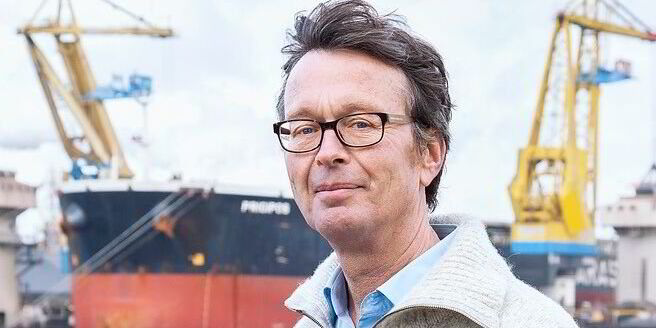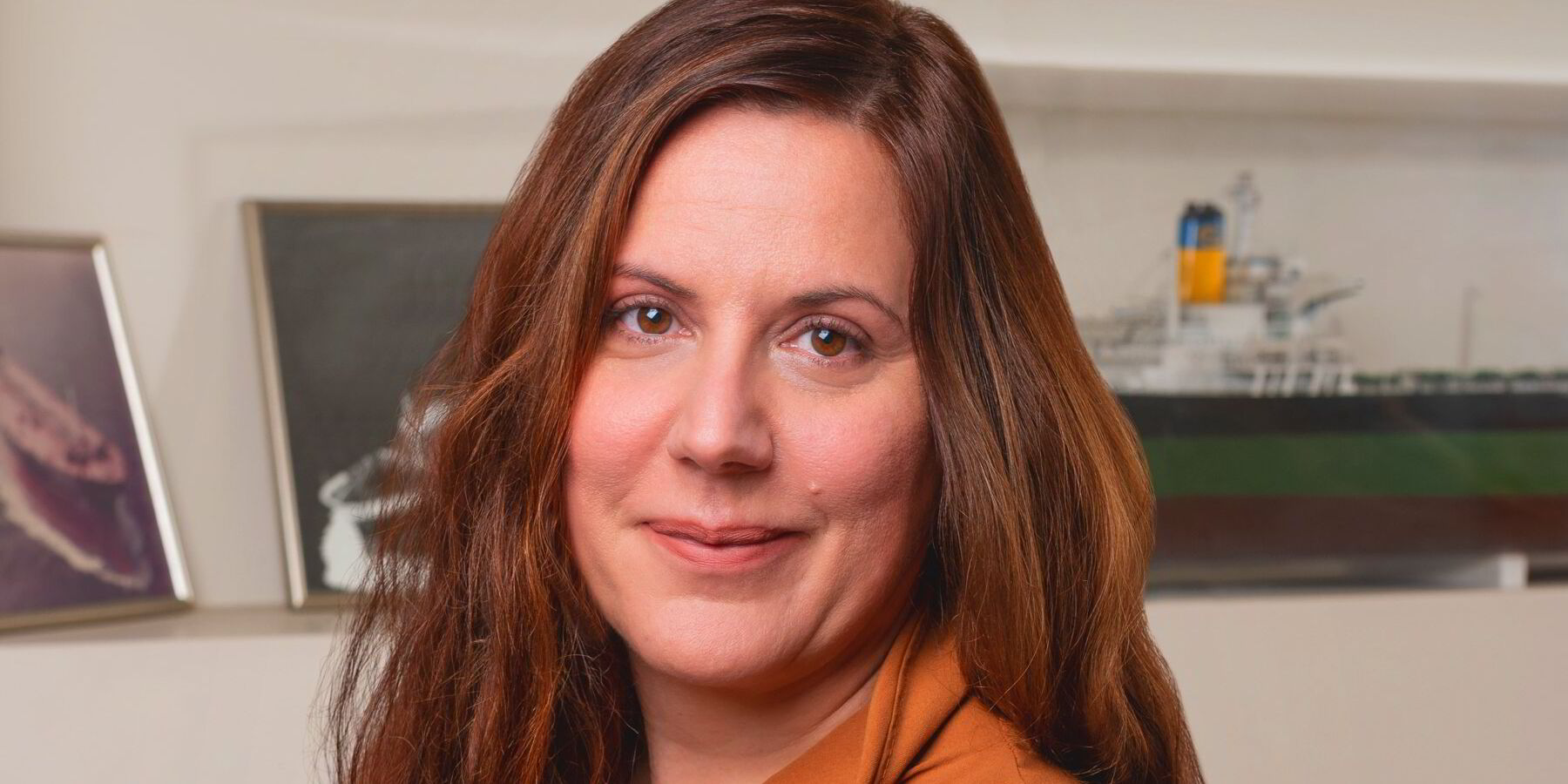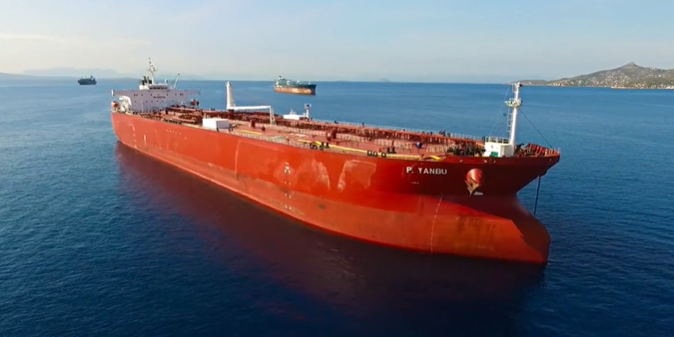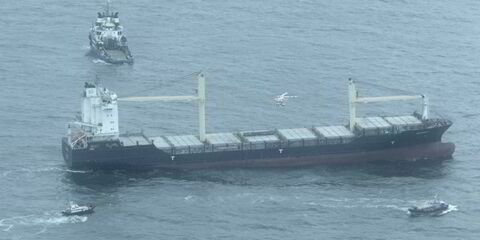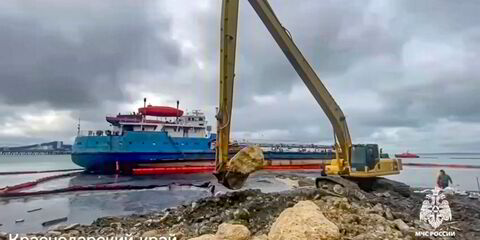Cleaning systems known as scrubbers are an end-of-pipe compliance mechanism employed to remove harmful pollutants and particulate matter from exhaust emissions.
However, in a sleight-of-hand, the pollutants are then dumped into the ocean, transferring the problem to the marine environment, allowing vessels to continue burning fuels such as high-sulphur fuel oil.
There are no global restrictions on scrubbers’ discharges even in protected areas, but with many countries prohibiting discharges or even scrubber use, the International Maritime Organization should enact a ban on scrubbers to protect the oceans from large-scale, deliberate pollution.
MEPC 83, the forthcoming meeting of the IMO’s Marine Environment Protection Committee, provides a chance for the shipping industry to escape the false choice of scrubbers.
Scrubbers remove SOx produced when heavy fuel oil (HFO), which is high in sulphur, is burned by creating a “mist” of seawater in the ship’s smokestack that binds with the pollutant.
Most scrubbers are “open loop” where the now contaminated seawater is then flushed overboard in massive quantities — over 10 gigatonnes globally each year, according to the International Council for Clean Transportation (ICCT) — into oceans including the Arctic.
As this wastewater has a lower pH value than seawater, it makes the oceans more acidic, adding to the effects of excess CO2 uptake.
The scrubber washwater also removes heavy metals, nitrites and nitrates, and highly carcinogenic polycyclic aromatic hydrocarbons (PAHs) — and dumps them in the ocean.
Scrubbers not only lead to toxic discharges in the aquatic environment but also increased air pollution. A new Canadian study found: “While ships using scrubbers and HFO meet the low-sulphur requirements, they are expected to result in higher amounts of CO2, PM [particulate matter], and black carbon compared to using compliant low-sulphur fuels, in particular MGO [marine gas oil].”
The IMO also must regulate black carbon, a short-lived super pollutant and shipping’s second-largest cause of global warming after CO2, providing around one-fifth of international shipping’s climate impact.
With the Arctic warming four times faster than elsewhere, ending scrubber use will help.
In 2020, the International Council for the Exploration of the Sea published a background report highlighting the additional environmental pressure caused by scrubbers on marine ecosystems.
The council, which has consultative status at the IMO, said that substances found in discharge water “can cause acute effects on marine biota and may have further impacts, through bioaccumulation, acidification and eutrophication, on the structure and functioning of marine ecosystems”.
Scrubber discharge is also toxic to marine wildlife at very low concentrations, increases the rate of death of planktonic animals essential to marine food webs and causes significant malformation in seabed animals. his, in turn, affects coastal and Indigenous communities that depend on marine wildlife for food security and cultural continuity.
The ICCT reports that scrubbers are not equivalently effective at reducing total air pollution emissions compared with using MGO, and that CO2 emissions are 4% higher using HFO with a scrubber compared with distillate fuel or MGO.
In January, environmental NGOs wrote to the Convention for the Protection of the Marine Environment of the North-East Atlantic (OSPAR Commission) calling for a scrubber discharge ban throughout the territorial waters of the 15 north-east Atlantic states responsible for protecting the marine environment of the north-east Atlantic, which includes Arctic waters.
A proposal will be considered at a meeting of OSPAR’s Environmental Impacts of Human Activities Committee in April, with the potential that the proposal be sent to the 2025 OSPAR ministerial meeting in June for adoption.
During MEPC 83, member states must back a resolution calling on the shipping sector to not use scrubbers in protected areas, habitats important for endangered wildlife and other ecologically sensitive areas such as the Arctic.
This would provide an interim measure and a catalyst to focus member states on the PPR 13 meeting of the Sub-Committee on Pollution Prevention and Response in early 2026, where mandatory regulation of scrubbers must be agreed.
As the continued use of fossil fuels is being phased out globally, the shipping industry should stop prevaricating and procrastinating, and instead ban the use of scrubbers.
Eelco Leemans is a technical adviser to the Clean Arctic Alliance.
